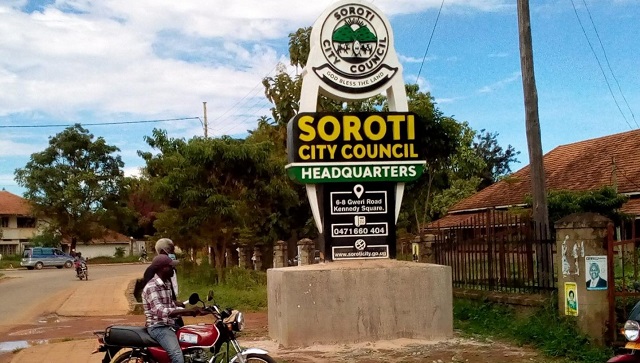
Soroti, Uganda | THE INDEPENDENT | The new administrative units which are expected to start operations in July in Soroti district will share budgets with their mother sub-counties, according to new guidelines issued by the district.
The sub-counties that have been idle for more than one year after their elevation had their local leaders elected in March during the general elections. But even after assuming office, their operations hang in balance over the absence of start-up funds and independent budgets.
Soroti district council created five sub-counties and a town council but none of them has a separate budget and a development plan. They include Ocokchan carved from Asuret sub-county, Lale from Kamuda, Oculoi from Katine, Aukot and Awaliwal from Gweri and Tubur town council from Tubur sub-county. In fact, some of the administrative units were created in 2018 but remained nonfunctional due to lack of funds.
“There is no need to approve another budget at this stage since the budget was already approved by the mother sub-county. While the Ministry of Finance, Planning and Economic Development is making arrangements to send to the new sub-county start-up funds, the mother sub-county is advised to share funds available with the new sub-county on pro rata basis”, the guidelines show.
The document indicates that although the Ministry of Finance is supposed to provide start-up funds, the money may not be available. But the new sub-counties were advised to open up new accounts in line with the Public Finance Management Act, 2015 to enable them effectively start operations in July.
Soroti District Communications Officer Abraham Ekwaru says that start-up funds for the new sub-counties are expected in the financial year 2022/2023.
Chris Ogulei, the sub-county chairperson of Aukot, which was carved out of Gweri sub-county says he has no idea on how to share budgets with the mother sub-county.
“I’m just here, no office, no transport and no direction for the next five years. I hear we shall start operating in July but nothing is happening. I have tried engaging the leadership of Gweri, our mother sub-county to share details of their budget but I am yet to receive a copy. This arrangement by the government isn’t good for new sub-counties that really need services closer”, he said.
While they were directed to choose sites for the establishment of their headquarters which must be central to enable people in the area to easily access services, within the next one week, the new sub-counties are required to either rent premises or use any available government facilities within their catchments to start their operations.
“If possible, avoid committing the sub-county to purchase of land because the resources are not available. In the absence of any government facility for your temporal set-up office space, you may rent but within your means. Such rentals should be vetted by the health inspector for suitability”, the document continues.
However, Ogulei said that he has negotiated for two rooms in the trading centre where they intend to start operations from but they don’t have the sum of 150,000 Shillings required for monthly rent payment.
“There is nothing yet for me to conduct business. I ride my bicycle daily to sensitize people on COVID-19 and other government programs like the Parish Model but people are anxiously waiting to see the new sub county takes off”, he said.
Peter Ebau, the former sub-county chairperson of Gweri and now the new sub-county of Awaliwal, also created from Gweri says that the mother sub-county has a total of 254 million Shillings from three sources of government, Uganda Road Fund 23.7 million, Unconditional Grants worth 32 million Shillings and Discretional Development Equalization Grant-DDEG totaling 190 million Shillings.
Ebau says that during budgeting, they captured plans for the new sub-counties and included them in their budget but wonders how the budget will be shared. He notes that they captured only a road in each sub-county and expected the new councils to appropriate the new budget depending on their needs.
There are 364 sub-counties and 352 town councils created by the government across the country, which have been non-functional for close to a year due to a lack of funding.
*****
URN
 The Independent Uganda: You get the Truth we Pay the Price
The Independent Uganda: You get the Truth we Pay the Price





